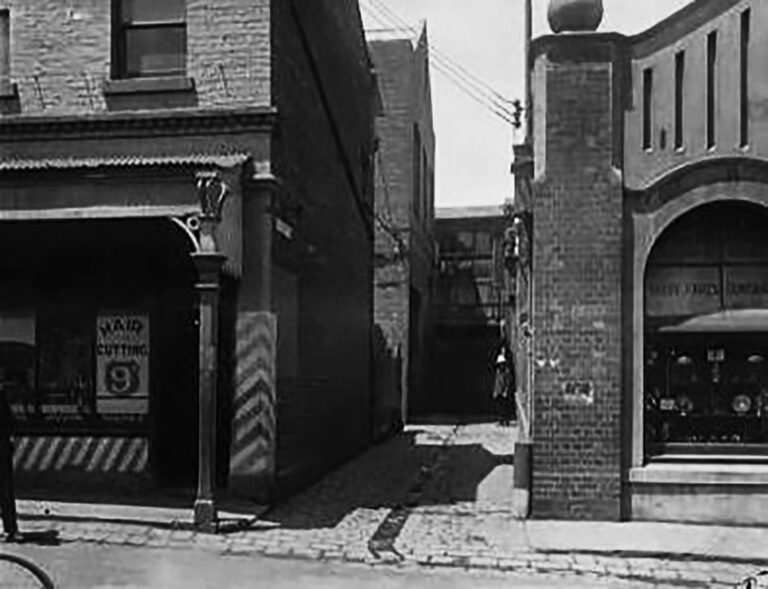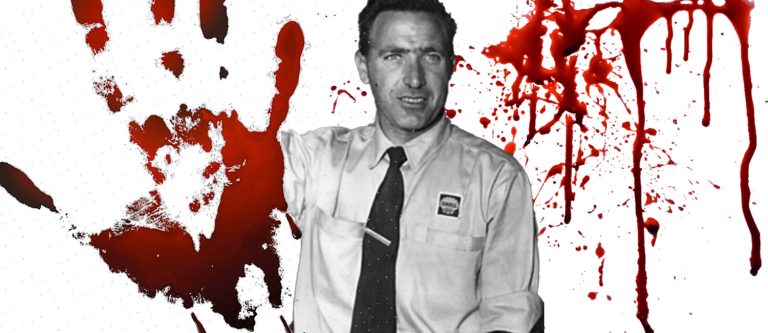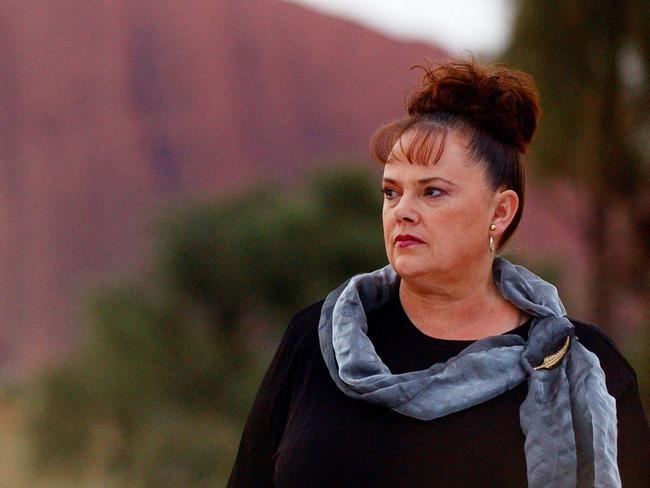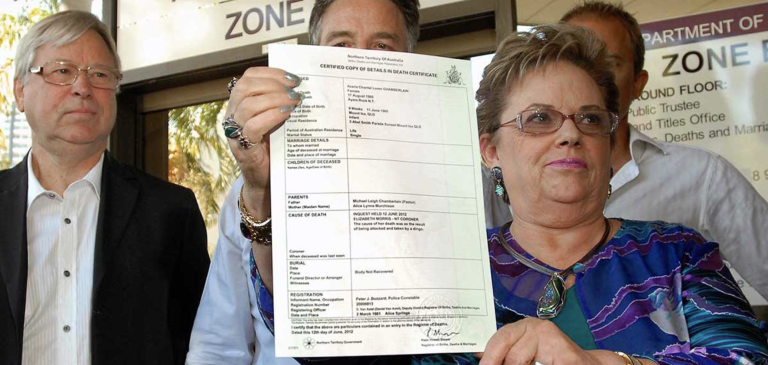Media Interest – Colin Ross
The media has followed the case since its inception. While the earlier reports were demonising, the later scientific evidence has raised the obvious question – did the court get it wrong? This question is not only raised in the Australian media, but media outlets in other countries have taken an interest too.
The following short videos are a sample of the reports being aired recently as the case has progressed.
Table of Contents
November 11, 2018
Gun Alley Murder | The Twist | ABC News
May 20, 2021
The Brutal & Tragic Case of Colin Campbell Ross
October 19, 2010
Executed Man’s Remains Returned Home | ABC News
August 19, 2020
Colin Campbell Ross
October 27, 2016
Melbourne Crime Walking Tour Stop 5 | Gun Alley Murder
May 27, 2008
Pardon Not Enough, Murdered Girl’s Relative Says | ABC News
It is too late to save his life, but today a man who was executed for murder 86 years ago has been pardoned. Colin Campbell Ross was hanged in 1922 for raping and strangling a Victorian schoolgirl, but the 28-year-old publican always said he was innocent. Now, thanks to modern technology, he has been pardoned. But while legal experts say justice has finally been done, one relative of the dead girl says the pardon does not go far enough.
The family of 12-year-old Alma Tirtschke always thought the wrong man had been executed for her murder. A woman, identifying herself only as Joan, is the murdered girl’s second cousin. She told Fairfax Radio how the case has preoccupied people like her grandmother over the years. “She didn’t say who was the right man but she said the wrong man was hung,” Joan said.
It was 1921 when Alma’s naked body was found dumped in Melbourne’s Gun Alley. Kevin Morgan researched the case for 15 years and wrote the book Gun Alley: Murder, Lies and the Failure of Justice. “The prosecution held Alma Tirtschke went into the wine saloon of Colin Ross and as the saloon continued its normal trading, remained there consensually from 3:00pm until 6:00pm drinking wine, at which time Ross had sexual intercourse with her and murdered her, and to us it just didn’t make sense,” Mr Morgan said.
Mr Ross was convicted on the basis of a jailhouse confession, and several strings of hair found on a blanket. But a little research revealed the confession had been reported by a fellow inmate, who himself had prior convictions for perjury. Mr Morgan says two weeks after Alma’s funeral, Mr Ross was arrested. “They took from him some blankets and on those blankets they found some hairs, and they had the government chemist of the day have a look at those hairs and he was willing to testify in court at Colin Ross’s trial, that these hairs and I quote ‘come from the scalp of one and the same person’,” he said. But when the samples were retested using modern techniques, the hair on the blanket was found not to be the girl’s and the whole decades-old case unravelled.
Victoria’s Attorney-General, Rob Hulls, has today granted Mr Ross a posthumous pardon. “This really is a tragic case where a miscarriage of justice has resulted in a man being hanged. It is almost incomprehensible,” he said. “This pardon is a recognition that there are serious doubts about Mr Ross’s conviction for murder.”
‘Not Good Enough’
But Joan says the pardon is not good enough. “A pardon means, ‘I am forgiving you for something you have done’. Shouldn’t it rather be an exoneration, which means, ‘I accept you didn’t do this in the first place’?” she said. But Victorian Premier John Brumby says the pardon does come close to exonerating Colin Ross. “Science in particular has proven beyond reasonable doubt that he could not have committed that crime,” he said.
The Premier says the case shows how far forensic technology has come – and it reinforces the decision to formally abolish the death penalty in Victoria in 1975. Speaking on Fairfax Radio, Mr Brumby said it was not inconceivable there could be other instances of people being executed for crimes they did not commit.”If you went back through every single case and you had the evidence still around to scientifically test, forensically test, there may well be some other cases,” he said.
The president of the Law Institute of Victoria, Tony Burke, says the pardon serves a purpose, even if it comes too late to save Mr Ross’s life. “Justice reverberates beyond the particular victim to the extended families and it is a good news story for those family members that this verdict will now be set aside,” he said.





